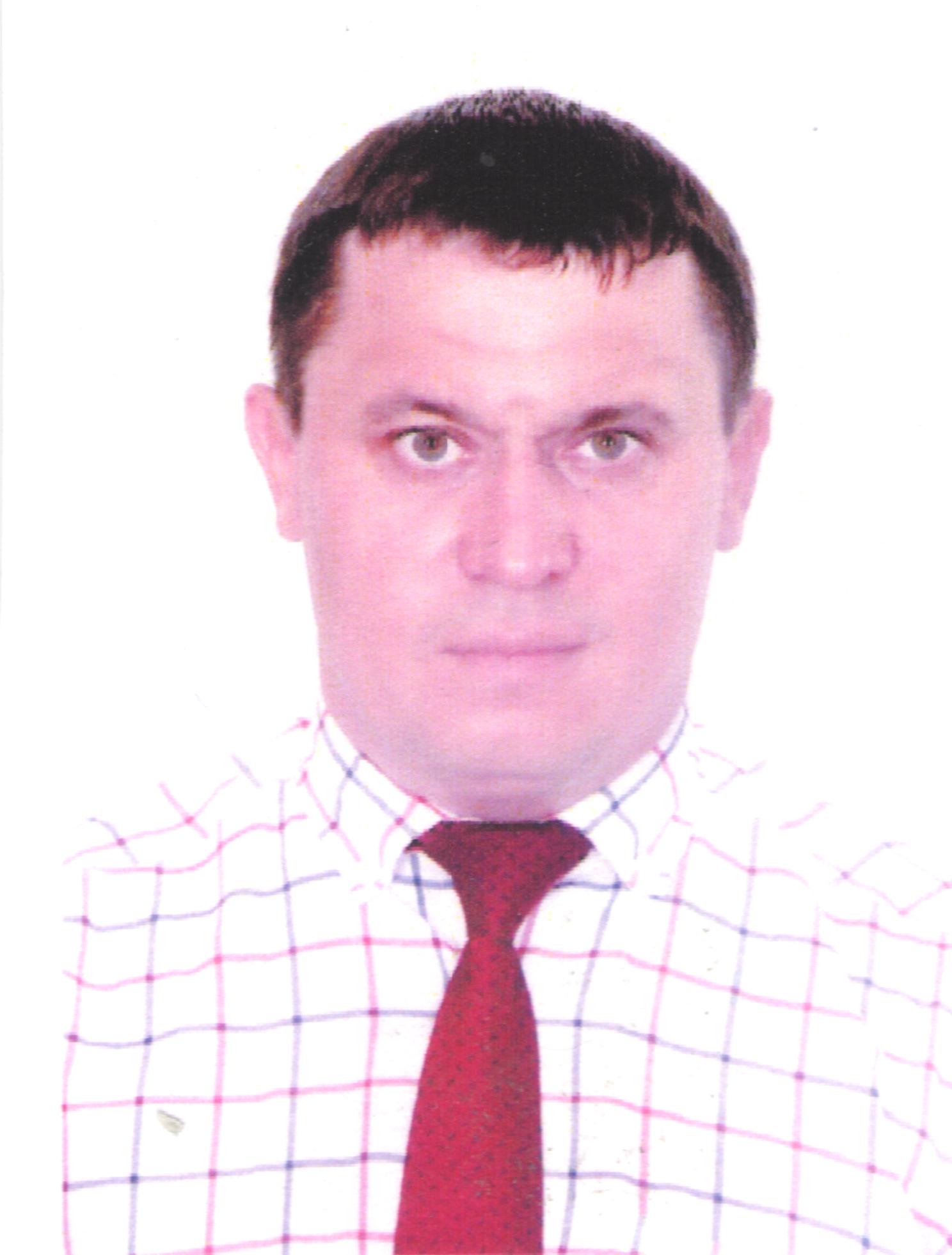The article presents an attempt to understand Islamic activism, a phenomenon where the differentiation between social and political components is difficult. New perspectives of analysis are associated with the research context of socio-cultural transformations in Muslim communities that have begun since the 19th century. Secularization was important process that affected Muslim communities, but not reinterpreted implicitly at the theological and philosophical level. The process of secularization is not considered by author as a phenomenon of inevitable “atheization” of Muslim communities, but associated with differentiation of various spheres of public life and emergence of new forms religious activism that developed during the mutual competition.
Keywords: Muslim communities, activism, religious activism, Islamic activism, secularization, socio-cultural transformation
DOI: 10.22250/2072-8662.2020.3.78-87
About the author
 |
Rinat F. Pateev – PhD (Political Science), Director of the Center of the Islamic Studies, Tatarstan Academy of Sciences; |






